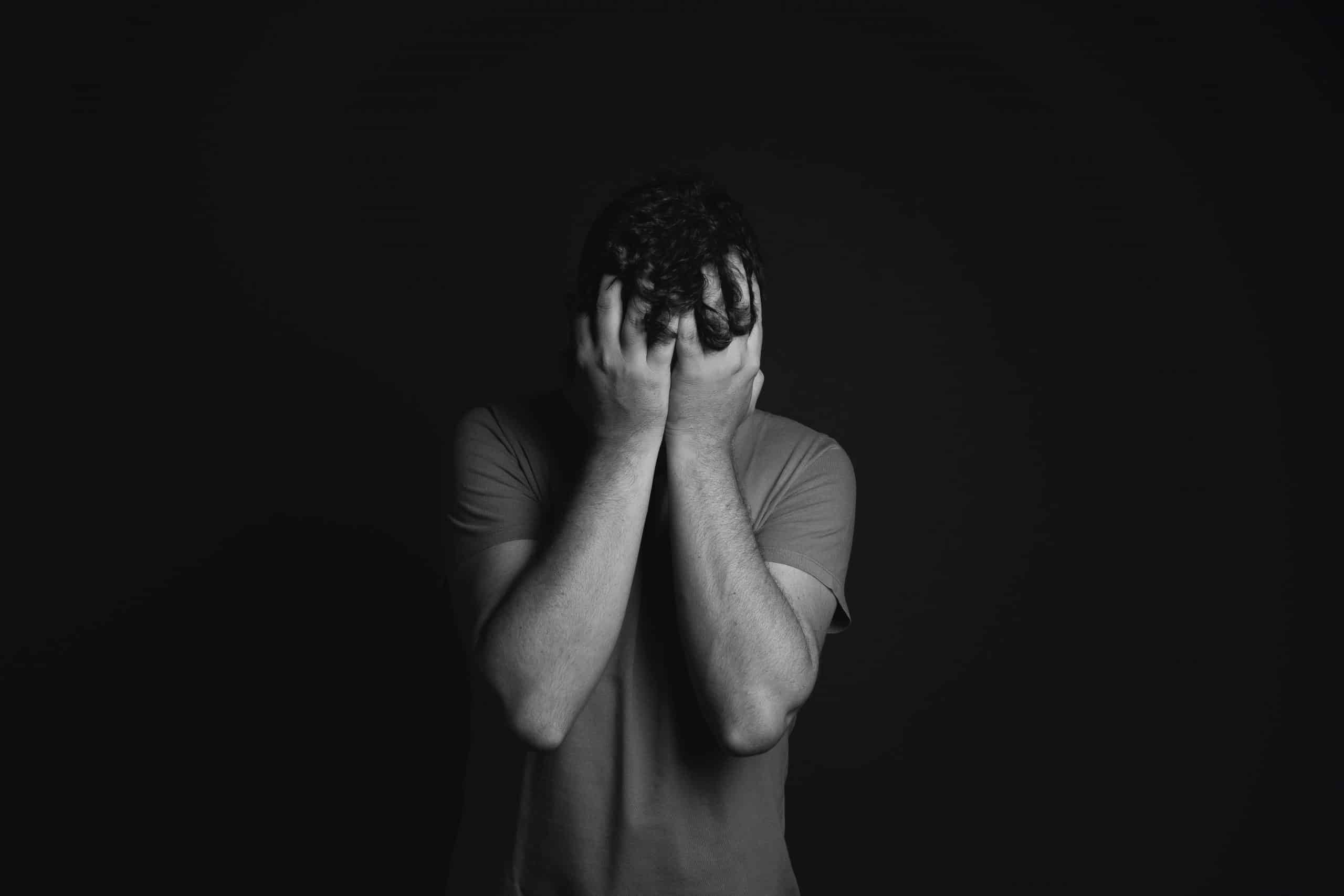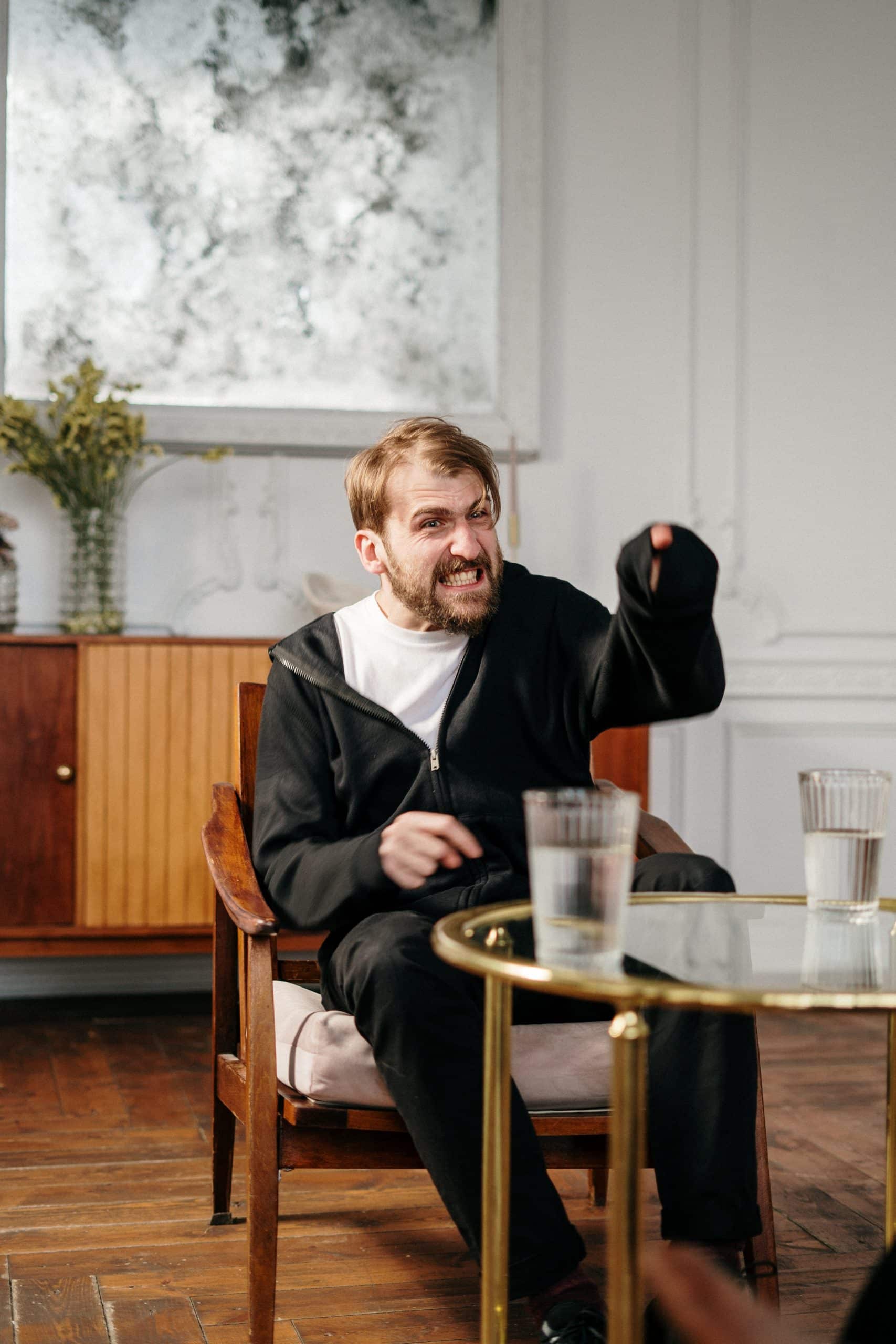It’s a Friday night, you go out to a bar with your friends, and unless you’re the DD, you order a drink. It’s an assumed ritual, something none of us would ever think to question. Of course we’re going to order a drink, it’s Friday night and we’re out to a bar with our friends.
But what if we told you it’s becoming more and more normal for groups of friends to go out to bars and not have one alcoholic drink all night? The sober curious movement is promoting exactly that – a life lived sober on purpose. Read on to learn more about what it means to be sober curious and if it’s something you should do.
What Is Sobriety?
It may seem simple, but let’s start with a basic definition of what sobriety is. Merriam-Webster dictionary defines sobriety as “the state of being sober.” But sobriety means more than that in our society.
Sobriety is about a choice not to become intoxicated with whatever your poison of choice is. It’s about choosing to live life with clear eyes, not relying on any substance for comfort or friendship. When you view it in those terms, sobriety becomes about so much more than volunteering to be the designated driver for your friend group for a night.
What Does It Mean to Be Sober Curious?
Many of us tend to think that sobriety is one of those things you only choose if you have some sort of addiction. But more and more, people who are not battling addiction are choosing to embrace sobriety, if only for a while. This movement of getting sober has allowed people to call into question many of our cultural assumptions about alcohol use and socializing.
A lot of our society revolves around the idea that the only way to socialize is through drinking. We drink at sports events, in bars, at parties, during dinner, during lunch, and on Sunday mornings at brunch. Being sober curious lets you see what a life outside all that alcohol consumption looks like without having to swear off alcohol forever.
Difference from Alcohol Treatment
There is a difference between alcohol treatment and temporary sobriety. For many people working through alcohol recovery, drinking again is not an option. When you have a history of alcoholism, having one drink triggers your habit, and then one drink becomes two, two becomes three, and three becomes twelve.
But the sober curious movement may be having an impact on alcohol recovery. One of the biggest challenges for recovering alcoholics is finding spaces where they can socialize without being tempted to drink. But if they have several friends who are also sober, that pressure is gone, and they have the friend support they need during their recovery.
Benefits of Temporary Sobriety
It shouldn’t come as a surprise that alcohol isn’t at the top of the list of healthy things to consume. And it can feel like there’s no point in being sober if you’re not going to stop drinking alcohol forever. But you’d be surprised how much even a month of sobriety affects your health.
A few studies have shown that people who spend a short time being sober feel more accomplished and sleep better. They may lose weight (alcohol has calories, too) and feel like they have more energy during the day. They are often happier and have better insulin sensitivity, blood pressure, and liver health.
Sobriety Socials
If you’re worried about what you’ll do with your friends while you’re sober, don’t worry! Sobriety socials have become more of a trend as more and more people choose to give up alcohol for a time. There are a variety of wonderful mocktails that replace your traditional cocktails – and don’t worry, the laughter and friendship stay.
People have even begun making nonalcoholic distilled spirits to use in cocktails. Flavors like ginger beer can give that familiar alcohol-like burn, and you still get that awesome craft drink experience. The difference is now you’ll be able to appreciate both the drink and the socializing fully.
The Growth of the Movement
In January 2013, a charity called Alcohol Concern organized the first-ever Dry January. It was meant as a way for all those people who woke up on January 1 swearing never to drink again to follow through with that and see what a difference it made. By January 2014, Alcohol Concern trademarked the term and the sober curious movement was born.
Since then, thousands of people around the world have joined in, and Dry July and Sober September have gained popularity. But more and more, people are choosing to extend their sobriety beyond these events. The sober curious movement is making it cool to not drink anytime you just aren’t feeling it.
Should You Be Sober Curious?
The beauty of the sober curious movement is that you don’t have to commit to it. This isn’t a decision to never have another drink of alcohol as long as you live. It’s permission to say no to drinking for a while and see how you feel at the end of it.
If you’re curious about the sober curious movement, we’d say give it a go. If, at the end of your set period of time, you find that you feel better and want to keep going, more power to you! If you find that you don’t really notice a difference and you think whiskey is delicious, you can go back to drinking and take another beak any time you like.
Learn More About the Sober Curious Movement
The sober curious movement is transforming the way Americans interact with alcohol. No more do we have to have a drink in hand if we want to celebrate, commiserate, or socialize. We have permission to abstain if we want, have a drink when we feel like it, and approach life with the most possible joy and authenticity.If you’d like to learn more about what a sober life looks like, come see us at Shoreline Recovery Center. We’re a San Diego-based drug and alcohol rehab designed to help you discover the beauty of a sober life. Learn more about our alcohol rehab program and start reclaiming your life today.




